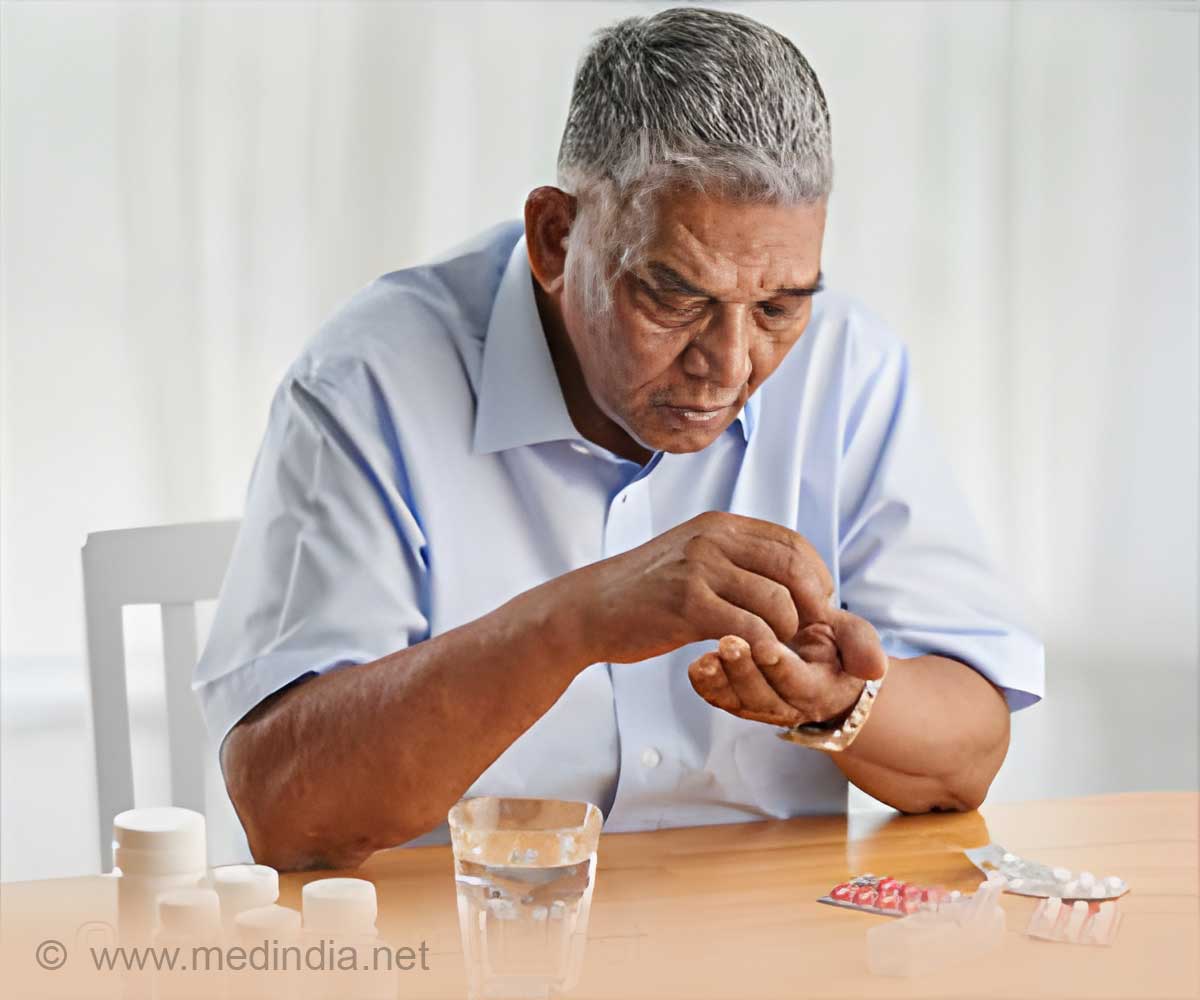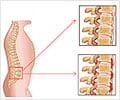
‘TDM should be part of a shared decision-making process between the patient and health care professionals, incorporating the patient’s individual experiences and preferences.’
Read More..Tweet it Now
However, the new points highlight that — despite an association with the clinical response — the use of blood concentrations to guide dosing is not recommended due to the lack of an identified optimal range for most biopharmaceuticals in most indications.
Read More..
New EULAR Operating Procedures
The new European Alliance of Associations for Rheumatology (EULAR) points’ work was completed in line with EULAR standardized operating procedures. All information included in the final paper was based on a systematic literature review and expert consensus.Overall, 6 overarching principles and 13 points were formulated. The principles define two broad categories of TDM: proactive (scheduled testing irrespective of clinical situation) and reactive (testing in response to particular scenarios).
The principles also reinforce key underlying pharmacokinetic and pharmacodynamic principles, which are relevant to all biopharmaceutical classes. An important consideration is that TDM should be part of a shared decision-making process between the patient and health care professionals, incorporating the patient’s individual experiences and preferences.
The points-to-consider highlight the clinical utility of the measurement and interpretation of biopharmaceutical blood concentrations — as well as anti-drug antibodies in specific clinical scenarios.
They stress that measurements should be performed in a validated laboratory, preferably using a consistent assay over time when measuring anti-drug antibodies.
Advertisement
As the field rapidly progresses, it is anticipated that more data will become available, which may prompt an update of these points to consider in the years ahead.
Advertisement
Source-Medindia









